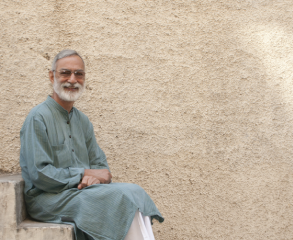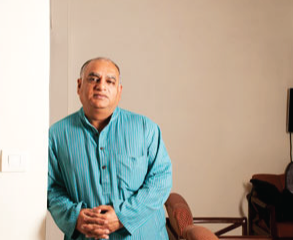Our Origin
Professional Assistance for Development Action (PRADAN) was incorporated in 1983 as a society (not-for-profit), under the Societies Registration Act XXI of 1860 in New Delhi, by seven desirous persons, namely
- Mr. Aloysius Fernandez (Chairman)
- Mr. S. Loganathan (Vice- Chairman)
- Mr. T. K. Mathew -Member
- Dr. Rajendra Prasad-Member
- Dr. Ravi Zutshi -Member
- Col. B. L. Verma -Member
- Prof. Vatsala Nagarajan -Member
The details of the desirous persons are available here
PRADAN was formed in 1983 by seven desirous persons , inspired by the belief and passion of two young professionals, Deep Joshi and Vijay Mahajan. They believed that well-educated professionals working within communities can bring both the empathy and knowledge needed to help poor people improve their lives.
Deep and Vijay also believed that grassroots work in the spirit of pradan, or giving back to society, can be a fulfilling and viable vocation for educated men and women. PRADAN was established to systematically groom and enable professionals with empathy towards the poor to work at the grassroots level.
Since 1987 PRADAN began working with the government and over the years we have played a major role in informing and execution roles in large public welfare and development programs like Integrated Rural Development Program (IRDP), Swarna Jayanti Gram Swarozgar Yojana (SGSY), and the Deendayal Antyodaya Yojana - National Rural Livelihoods Mission. We continue to work for change that is sustainable and self-perpetuating, bringing skills and systems that help women, families and communities gain confidence and take charge of their own lives.
Recognising the complexity of social problems like climate change, poverty and gender inequality, PRADAN has adopted a system change approach. Partnership with multiple stakeholders as a strategy is now pervasive across all levels of PRADAN's functioning and programme implementation. PRADAN emphasizes the importance of partnering with the government at the national, state and districts to maximize impact in communities by closely supporting implementation of flagship programs. The partnerships with the Government of India come under two major departments: Ministry of Rural Development (MoRD) including DAY-NRLM and Ministry of Panchayati Raj (MoPR) through formal Memorandum of Understandings (MoUs).
We have similar collaborative efforts with several State Governments and their departments like: the Promotion of the Agriculture Production Clusters in Tribal regions of Odisha with the Department of Agriculture and Farmer Empowerment of Government of Odisha, High Impact Mega Watershed in partnership with the MGNREGA cell and the Department of Rural Development of Government of Chhattisgarh, Swayamshree project in partnership with the Madhya Pradesh State Rural Livelihoods Mission, etc.
Executive Directors of PRADAN
| Name of the Person | Term Start | Term End |
|---|---|---|
| Mr. Saroj Kumar Mahapatra | 1st April 2022 | Continuing |
| Mr. Narendranath Damodaran | 1st April 2017 | 31st March 2022 |
| Mr. Manas Kumar Satpathy | 1st April 2012 | 31st March 2017 |
| Mr. Soumen Biswas | 1st April 2007 | 31st March 2012 |
| Mr. Deep Chandra Joshi | 1st April 2002 | 31st March 2007 |
| Mr. Achintya Ghosh | 1st April 1997 | 31st March 2002 |
| Mr. M P Vasimalai | 1st April 1992 | 31st March 1997 |
| Mr. Deep Chandra Joshi | 1st January 1987 | 31st March 1992 |
| Mr. Vijay Mahajan | 18th April 1983 | 31st December 1986 |
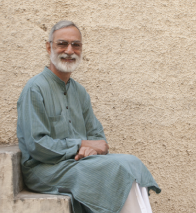
Deep Joshi
Co-founder
“As we move forward, society needs to engage with compassion and empathy with those who are left behind, treating them as equals.”
Since the very beginning, Deep has strongly believed that the ‘best and the brightest’ were needed to work with the weakest sections of society to help them discover their strength and voice. A graduate of
Read More...
“Pradan is a deeply held belief for me.”
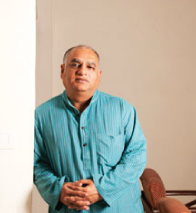
Vijay Mahajan
Co-founder
“I think it is very worrying for a nation when their elite lose touch with the weakest. PRADAN provides a way to bridge this disconnect.”
An alumnus of IIT Delhi and IIM Ahmedabad, Vijay’s first job at an MNC left him wanting to do more for the community. In 1983, Vijay met Deep Joshi and the idea of PRADAN evolved in less than hour. They believed Read More...
“I wanted to change the India I lived in.”
Our Team
We work to strengthen the ability of the rural poor to earn a decent living. We are organized into field-based teams of three-to-five young professionals, under the leadership of a mid-career team coordinator and the guidance of a team of integrators
More than 495 young professionals are working in 9,767 remote villages of India, immersing themselves directly with target communities across seven of the poorest states. They are recruited from universities and hold degrees in subjects like management, engineering, agriculture, and the social sciences. A majority of the 1,050,365 families we work with belongs to marginalized communities.
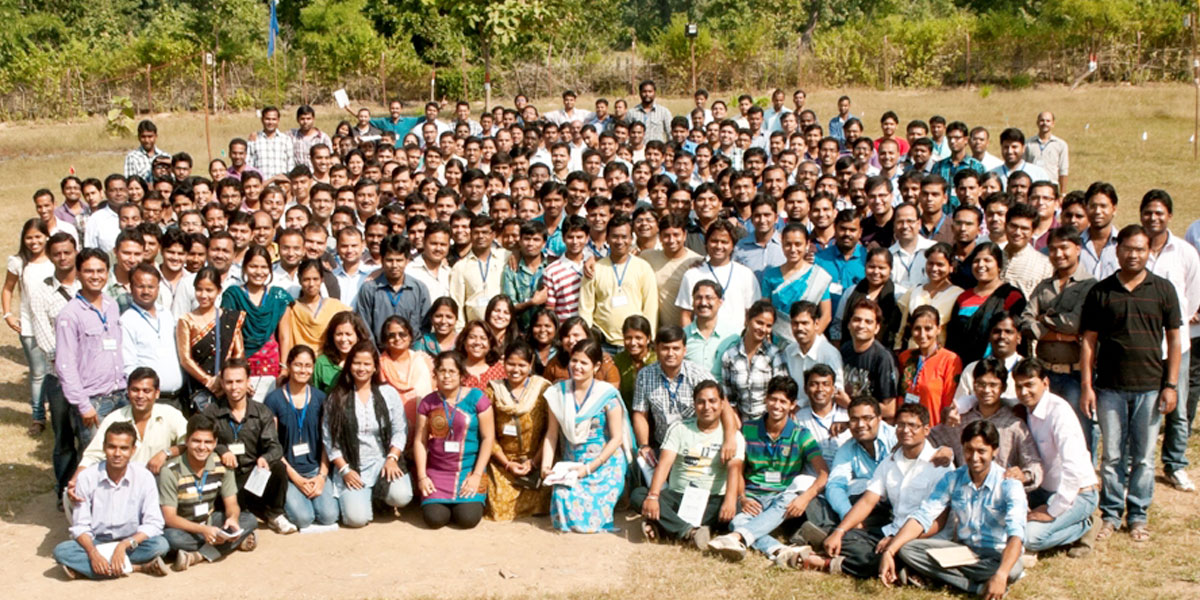
Our Board
The governing board provides oversight and counsel to PRADAN. It comprises up to nine independent members with distinguished records of public service and three leaders from PRADAN, including the executive director.
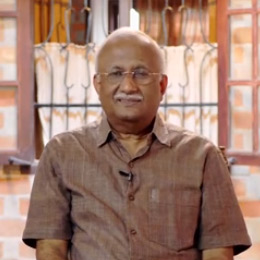
Mr. S. M. Vijayanand
Chairperson
A 1981-batch IAS officer, Mr. S. M. Vijayanand cleared his Civil Services examination securing seventh rank. During his 11 years as Secretary, Local Self-Government, Government of Kerala, Mr. Vijayanand pioneered the People’s Plan movement. Subsequently he has held many important positions in the Government of Kerala, including as the Director, Institute of Management in Government, and as Chairman, KILA.
Read More...
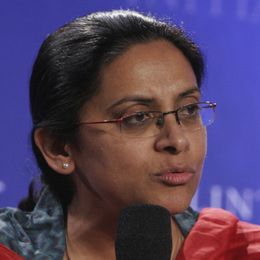
Dr. Rukmini Banerji
Vice-chairperson
Trained as an economist in India, Rukmini completed a BA at St Stephen’s College and attended Delhi School of Economics. She was a Rhodes Scholar at Oxford University and later earned her Ph. D at the University of Chicago. She returned to India in 1996 and has been with Pratham ever since. Rukmini has extensive experience in the field - working directly with rural and urban communities as well as in designing and implementing large scale partnerships with governments. She led Pratham’s research and assessment efforts including the well-known ASER initiative (Annual Status of Education Report) from 2005 to 2014. Originally from Bihar, Rukmini now is based in Delhi. She enjoys telling and writing stories for children and loves being a grandmother.
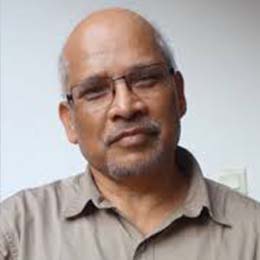
Mr. Virginius Xaxa
Member
Virginius Xaxa is currently a visiting Professor at the Institute for Human Development(IHD), New Delhi. A Master's in Sociology from Pune University and a Ph.D. from the Indian Institute of Technology (IIT), Kanpur, Virginius Xaxa’s specialisation lies in Tribal Studies, Development Studies, Agrarian Social Structure, and Labour Studies. Mr. Xaxa has authored, co-authored, and co-edited several books. He has also published a large number of articles in reputed journals and edited volumes. He was the Chairman of the High-Level Committee on Socio-Economic, Health and Educational Status of Tribal Communities of India, constituted by the Government of India in 2013.
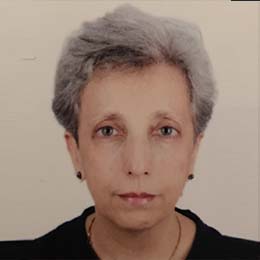
Ms. Nayantara Sabavala
Member
Nayantara Sabavala began her journey in the development sector in late 1980s after almost a decade in advertising during which she set up a unit dedicated to public service communication work for the social sector. In 1996 she joined the Tata Trusts and led two five-year strategic plans. In 2009 she moved to an implementing agency, working in the education sector. She returned to the Tata Trusts in 2014 . Her role included strategy development, conceptualizing, evolving and nurturing new institutional and programmatic initiatives as well as contributing towards the evolution and implementation of program and project development norms and procedures.
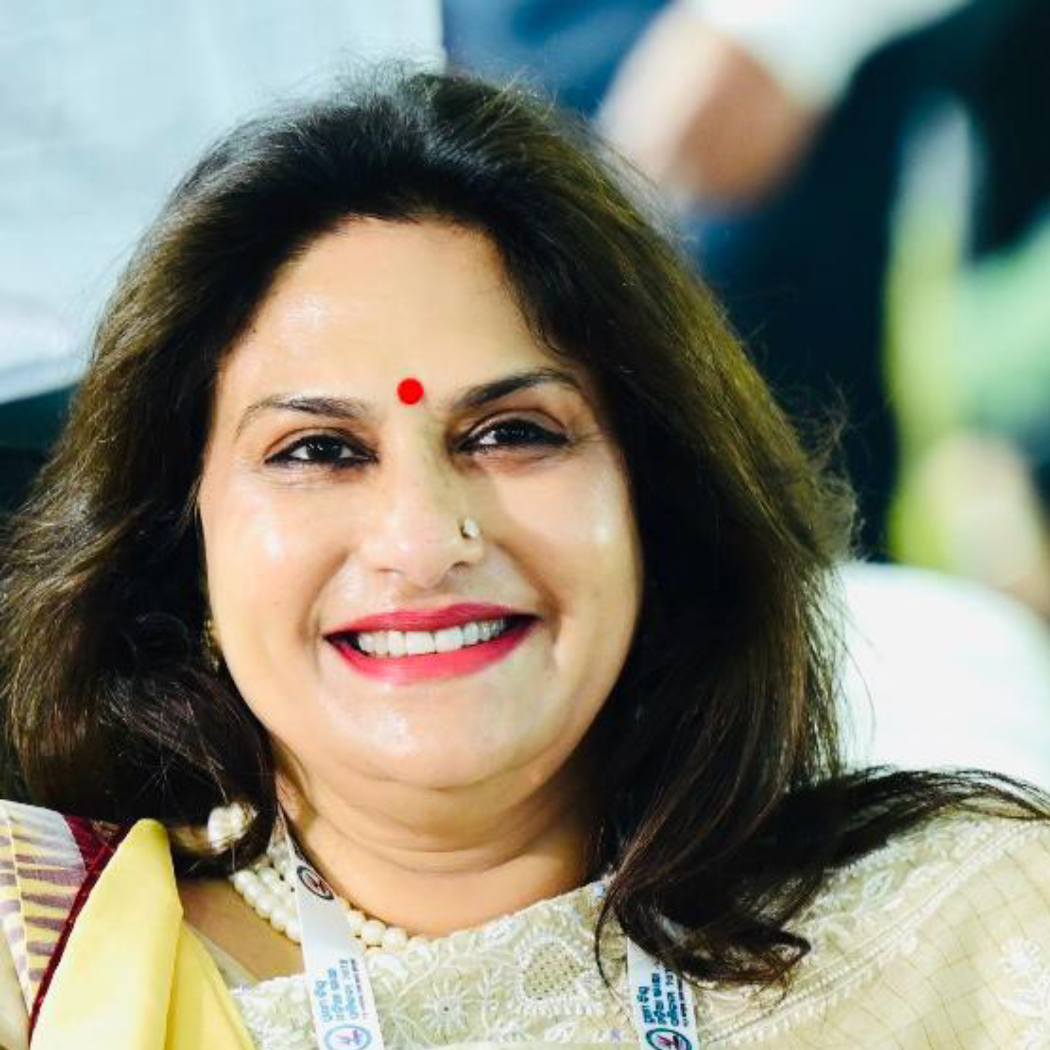
Mrs. Alka Arora Misra
Member
Mrs. Alka Arora Misra is currently the Chairperson, Odisha Skill Development Authority and the Chief Executive Officer (CEO) who has recently been appointed as Independent Director on the Board of National Highway Logistics Ltd. She serves on the Board of Directors of Rajratan Global Wires Ltd, and on the Board of TransIndia Realty & Logistics Parks Ltd and Chair of the Nomination and Remuneration Committee (NRC) of the company. She is a senior bureaucrat who worked for Indian Railways in a variety of roles in a career spanning over 35 years. A Postgraduate in Economics and a Gold Medalist from Allahabad University, she has significant experience and expertise in Infrastructure and Logistics Management; Human Resource development; education and inter-ministerial affairs.
Mrs. Misra has also served as the Vice Chancellor of the National Rail and Transport Institute and was a Director on the Board of NRTU Foundation, a section 8 company of the Government of India.
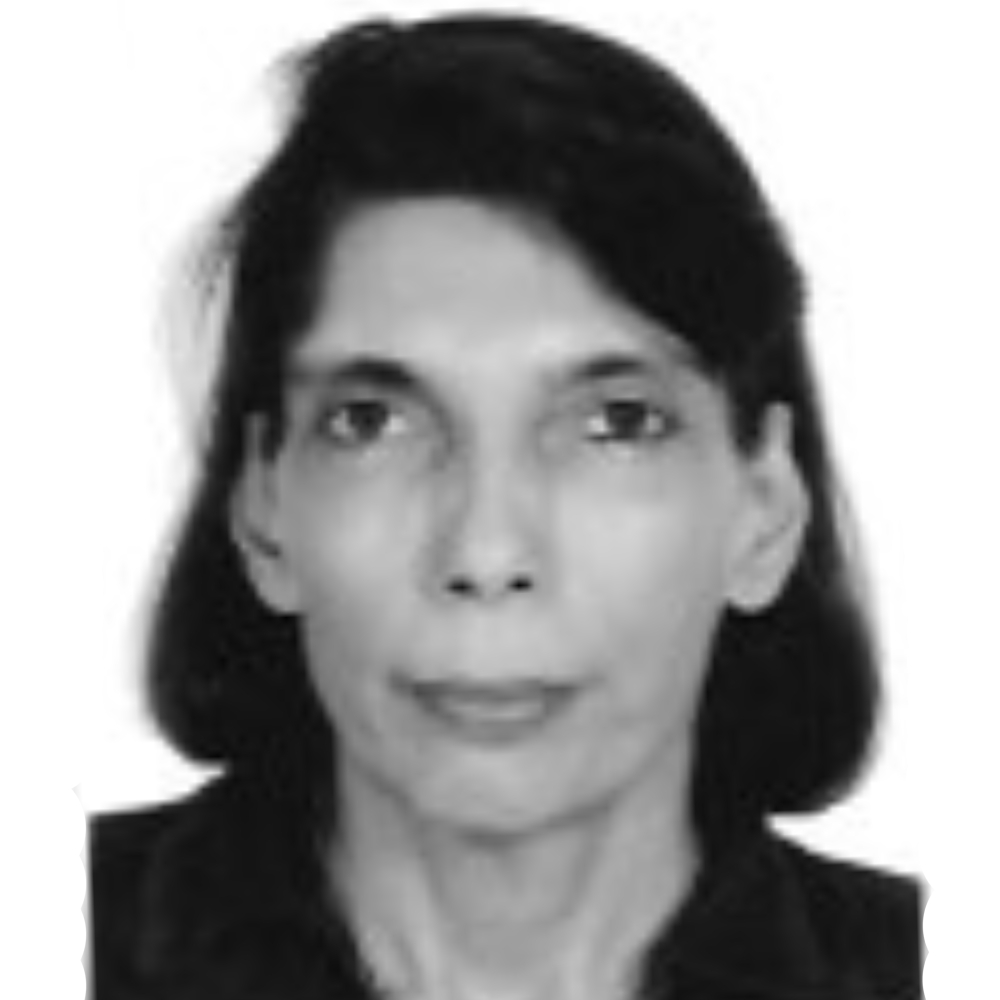
Ms. Deanna Jamsetji Jejeebhoy
Member
Deanna Jamsetjee Jejeebhoy has been closely associated with the destitute elderly for the past 40 years. She has primarily worked with differently abled adults, primarily Downs Syndrome adults, autistic and mildly spastic from 1990 to 2011, and continued her association subsequently. She has served as the Program Advisor at Sir Ratan Tata Trust from 1994 to 2001. Deanna has been the Trustee of organisations like The Anchorage, Workshop for the differently abled adults, and also, Lady Meherbai Tata Education Trust dedicated for women graduates pursuing studies abroad. At present, she is the Trustee of the District Benevolent Society of Bombay (Sir J.J. Dharamshala) destitute elderly.
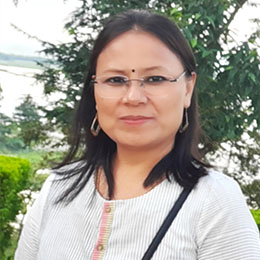
Ms. Bala Devi Ningthoujam
Staff Member
Bala Devi Ningthoujam joined PRADAN in 2002 after completing Masters in Social Work from Delhi University. Since then she has worked on programs related to Community Institutions, livelihood, Gender Equality, Governance and Natural Resource Management in Jharkhand. During last five years, she spearheaded operations across 35 micro watersheds covering 15,000 Hectare of land area under flagship scheme of PMKSY by Government of India. She anchors ‘National Resource Centre for Livelihoods’ (NRCL), Jharkhand, a knowledge partner to National Rural Livelihood Mission (NRLM). As Integrator, Bala specifically oversees function of a Development Cluster comprising of Four districts based at Ranchi, Jharkhand.
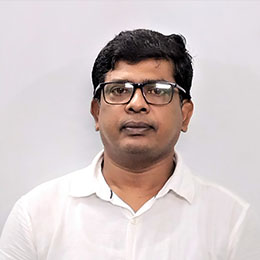
Mr. Alak Kumar Jana
Staff Member
Alak has done masters in agriculture in Genetics and Plant Breeding. In 2018, he has received the Australia Awards Fellowships program for study on nutrition-sensitive agriculture. In the year 2012, Alak worked with IDE- Ethiopia to identify innovative solutions for water management. In the year 2011, he was invited by Rockfeller foundation for a collaborative practitioner residency on women Self Help Groups & their institutions. Alak has widespread experience in community-led livelihood enhancement, in particular on the development of natural resource management and sustainable farming systems.
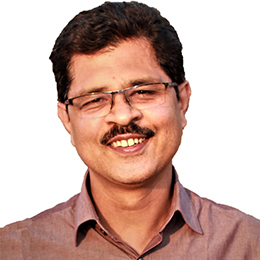
Mr. Saroj Kr. Mahapatra
Ex-Officio Member Secretary and Executive Director
Saroj Kr. Mahapatra has more than 26 years of experience of working with State Government Projects, multi-stakeholder networks, and several projects of WFP, IFAD, UNICEF, MGNREGA and NRLM with focus on participatory planning process involving the marginalised households in remotest area of Jharkhand and Chhattisgarh. He directly worked with poor communities of Central India tribal pocket and has been instrumental in preparing the Integrated Natural Resource Management manual for MGNREGA implementation of Ministry of Rural Development, GoI. Saroj holds a Master of Engineering in Hydraulics and Irrigation Engineering from UCE, Burla.
Our Management Unit Members
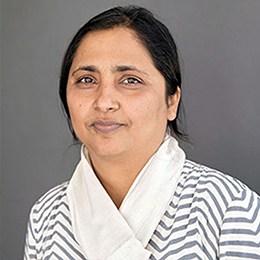
Ms. Archana Singh
Integrator
For most of her 23-years career, Archana has remained engaged in on-ground development practice with tribal communities in one of the poorest pockets of Madhya Pradesh, India. She is empanelled as National Resource Person (Gender) at NRLM Resource Cell, National Institute of Rural Development (NIRD), Hyderabad, India. She was selected by UNWomen as a delegate advocate for rural women’s economic rights at 61st and 62nd sessions of CSW (Commission for Status of Women) held in New York in March 2017 and March 2018. Archana holds a Ph.D. in Development Communication and has completed graduation and post-graduation in Agriculture Science.

Ms. Bala Devi Ningthoujam
Integrator
Bala Devi Ningthoujam joined PRADAN in 2002 after completing Masters in Social Work from Delhi University. Since then she has worked on programs related to Community Institutions, livelihood, Gender Equality, Governance and Natural Resource Management in Jharkhand. During last five years, she spearheaded operations across 35 micro watersheds covering 15,000 Hectare of land area under flagship scheme of PMKSY by Government of India. She anchors ‘National Resource Centre for Livelihoods’ (NRCL), Jharkhand, a knowledge partner to National Rural Livelihood Mission (NRLM). As Integrator, Bala specifically oversees function of a Development Cluster comprising of Four districts based at Ranchi, Jharkhand.
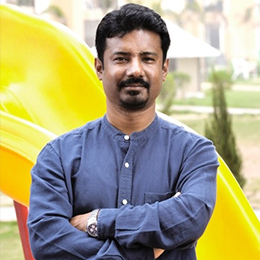
Mr. Avijit Choudhury
Integrator
Avijit holds a Masters in Economics and joined PRADAN in 1997. He has extensive grassroots experience working with women Self Help Groups on Integrated Natural Resource Management (INRM), agriculture, forest-based livelihoods and local governance. He has led action research partnerships with international organisations and pioneered new thematic areas in PRADAN like Adult Functional Literacy & Child protection, WATSAN and Nutrition. At present he leads the Resource Mobilisation, Communications and Partnerships efforts of PRADAN. He provides strategic guidance and leadership for PRADAN's efforts on developing the Centre of Excellence for Women FPOs and Systems Change initiatives on Regenerative Agriculture.
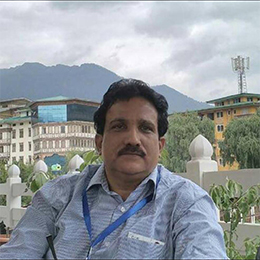
Mr. Yoganand Mishra
Integrator
Yoganand joined PRADAN in 1994. In between, he also worked for 2 Years with Jharkhand Water Resource Department in capacity of a Consultant. He has extensive experience of promoting Livelihoods, TASAR Development, and Integrated Natural Resource Management (INRM). In PRADAN, Yoganand successfully pioneered a pilot demonstration with ICRISAT for Pigeon pea (Arhar Daal) cultivation. He also has elaborate Project Management Experience. From 2015 onwards, he has been heading Finance, Accounts & Administration unit at PRADAN’s Corporate/Head Office (the unit comprises Procurement function as well). Additionally, he’s also a member of the Management Unit. He holds a bachelor’s degree in B. Tech. Civil Engineering and PGDM from IIM Ranchi.
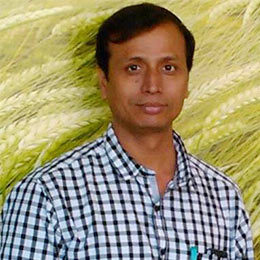
Mr. Kirtti Bhusan Pani
Integrator
He has been with PRADAN since 1997. He is a graduate in Agricultural Engineering from Orissa University of Agriculture & Technology, Bhubaneswar. He has pioneered the Agriculture Production Clusters with small and marginal farmers as an approach for livelihood enhancement of rural poor in India. He served in many senior management positions. Currently he is integrating PRADAN’s operation in South Odisha region, and also a member of Management Committee which oversees the overall management of PRADAN. He is also in the board of PRADAN.
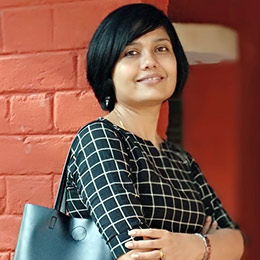
Ms. Tamali Kundu
Integrator
She is a senior grassroots development professional with more than two decades of experience. She spearheaded the use of ICT for streamlining SHG financial management systems. She has extensive experience in working with tribal women collectives around their livelihoods and gender aspects. In the past few years, she co-created several community process toolkits which are extensively used in capacity building programs for the marginalized. She is also a skilled trainer of Achievement Motivation and Entrepreneurship, Group Processes, Gender Equality, and Human Process Laboratories. Tamali possesses a Master's degree in Biophysics from the University of Kalyani, West Bengal.

Mr. Alak Kumar Jana
Integrator
Alak has done masters in agriculture in Genetics and Plant Breeding. In 2018, he has received the Australia Awards Fellowships program for study on nutrition-sensitive agriculture. In the year 2012, Alak worked with IDE- Ethiopia to identify innovative solutions for water management. In the year 2011, he was invited by Rockfeller foundation for a collaborative practitioner residency on women Self Help Groups & their institutions. Alak has widespread experience in community-led livelihood enhancement, in particular on the development of natural resource management and sustainable farming systems.
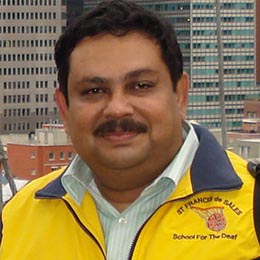
Mr. Arnab Chakraborty
Integrator
Arnab has more than 28 years’ experience in working with and for institutions of smallholder women farmers and leading collaborative projects with government and civil society organizations. His expertise lies in developing community-based organizations, integrated natural resource management, farm-based livelihoods, and enhancing income opportunities for smallholder women farmers. Contributing to development research is one of his core interest areas. A Master in Agricultural Economics, Arnab was the recipient of the Rotary Peace Fellowship by The Rotary Foundation for International Studies in the peace and conflict resolution program, in 2014. The same year, he was appointed as an Australian Award Mentor by the Honourable Australian High commissioner. Arnab is also the recipient of the John Dillion Fellowship from the Australian Centre for International Agricultural Research (ACIAR) in 2008.
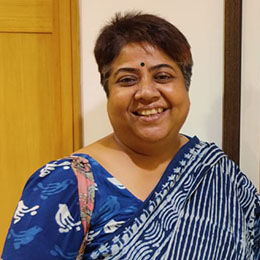
Ms. Sahana Mishra
Integrator
Sahana has 24 years of experience working on gender, sustainable agriculture, and natural resource management. She has worked extensively in building women collectives for their socio-economic-political empowerment. Sahana has worked closely with government departments in MP, Odisha, and Bihar. She is skilled in designing and implementing large-scale development projects at the grassroots in partnership with government and non-government agencies. She is a Graduate in Economics and has a Post Graduate Diploma in Rural Management and was a fellow in the Leadership Development Program at McCain Institute of International Leadership in the USA. Currently, she integrates the operations of Bihar and works closely with Govt. of Bihar on issues of gender and agriculture.

Mr. Saroj Kr. Mahapatra
Executive Director
Saroj Kr. Mahapatra has more than 26 years of experience of working with State Government Projects, multi-stakeholder networks, and several projects of WFP, IFAD, UNICEF, MGNREGA and NRLM with focus on participatory planning process involving the marginalised households in remotest area of Jharkhand and Chhattisgarh. He directly worked with poor communities of Central India tribal pocket and has been instrumental in preparing the Integrated Natural Resource Management manual for MGNREGA implementation of Ministry of Rural Development, GoI. Saroj holds a Master of Engineering in Hydraulics and Irrigation Engineering from UCE, Burla.


